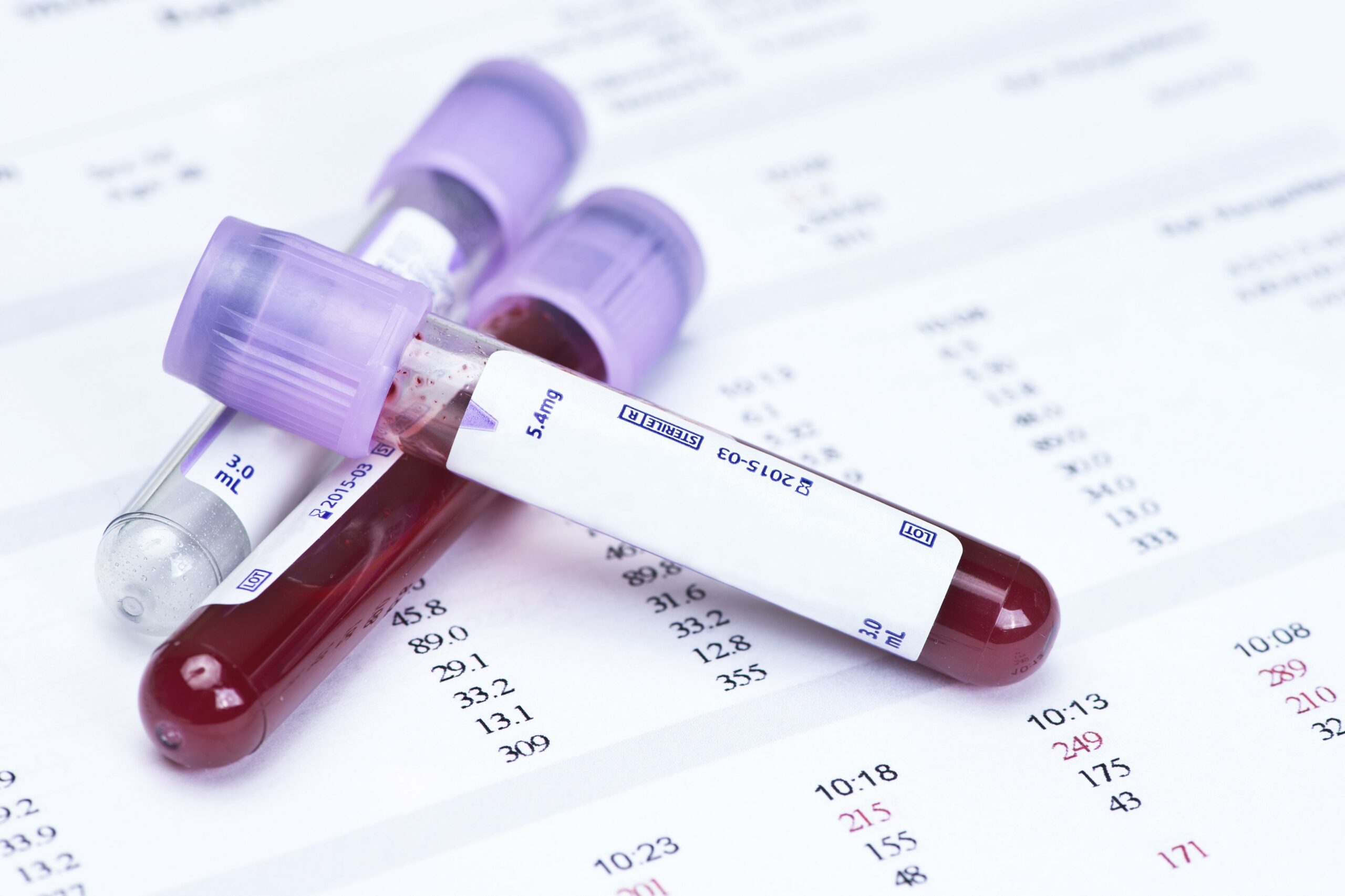What are the values of the liver function test?
The liver function test is a blood test that evaluates how well the liver is functioning. It provides crucial information about the health and condition of the liver by measuring the levels of different substances in the blood. Here are some of the values commonly evaluated in the liver function test:
Alanine aminotransferase (ALT): ALT is an enzyme produced primarily by liver cells. Elevated ALT levels may indicate liver damage, as in cases of hepatitis or cirrhosis.
Aspartate aminotransferase (AST): AST is another enzyme present in the liver, but is also found in other tissues. Elevated AST levels may indicate liver damage or heart disease.
Bilirubin: Bilirubin is a pigment produced by the breakdown of red blood cells. High bilirubin levels may be a sign of liver disease or biliary disorders.
Alkaline phosphatase (ALP): ALP is an enzyme present in the liver, bones and other tissues. Elevated ALP levels may indicate liver problems or bone disorders.
Total protein and albumin: These values measure the total amount of protein in the blood and the amount of albumin, which is a protein produced by the liver. Abnormal levels may suggest liver or nutritional problems.

What is a liver function test?
The liver function test is a set of blood tests that assesses the health and function of the liver. The liver is a vital organ that performs many essential functions, such as metabolizing nutrients, detoxifying the body and producing proteins. Liver function testing helps to detect liver disease, assess its severity and monitor response to treatment.
Liver function testing usually involves taking a blood sample, which is analyzed in a laboratory. The results provide information on the status of liver cells, the liver’s ability to produce proteins, its detoxification function and the health of the bile ducts.
It is important to note that the liver function test is not a definitive diagnosis of a specific liver disease, but it is a valuable tool for detecting abnormalities and guiding physicians toward a more accurate diagnosis.

What are liver tests used for?
Liver function tests serve several important purposes:
To detect liver disease: Liver tests can help identify liver diseases, such as hepatitis, cirrhosis, non-alcoholic fatty liver disease (NAFLD) or alcoholic liver disease. Abnormal test values may indicate liver damage or dysfunction.
Assess the severity of liver disease: Liver tests can also provide information about the severity of existing liver disease. They help physicians determine the degree of liver damage and track disease progression over time.
Monitor response to treatment: In the case of chronic liver disease, such as viral hepatitis or cirrhosis, liver tests are used to assess the effectiveness of treatment. Changes in test values can indicate improvement or worsening of the disease and help adjust treatment approaches.
Assess liver function before surgeries or treatments: Before performing certain medical procedures or administering medications that may affect the liver, liver function tests are performed to assess whether the liver is healthy enough to tolerate the procedure or treatment.
In short, liver function tests are blood tests that provide valuable information about the condition and function of the liver. They help detect liver disease, assess its severity, monitor response to treatment and evaluate the liver’s ability to tolerate certain medical procedures. These tests are an important tool in the diagnosis and management of liver disease.














